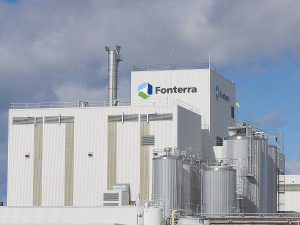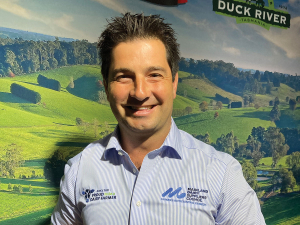Revenue performances of the world’s leading dairy companies has shown a major reshuffling over the last year, with Fonterra falling from sixth to ninth place amidst other companies shifting positions.
According to the 2023 Rabobank Global Dairy Top 20 report, only five of the Top 20 companies retained the same positions as last year, with French company Lactalis maintaining the top spot — while Dairy Farmers of America (US) moved up to second place, pushing Nestlé (Switzerland) into third.
A stronger US dollar and unfavourable reporting of the NZ dollar influenced position changes in the ranking – with the combined turnover of the Top 20 companies jumping 7.4% in US dollar terms. Fuelled by a second round of warinduced inflation, EU dairy product prices rallied to new annual average highs. This followed the prior year’s gain of 9.3%.
Rabobank dairy analyst Richard Scheper said overall, year-on-year average price gains in butter, cheese, milk powders and other dairy products set the stage for double-digit turnover growth in local currencies in 2022. However, he added most turnover gains were absorbed by exploding costs, leaving little on the companies’ bottom lines.
“Many dairy companies paid record-high average farmgate milk prices to offset large farm input costs. At the factory gate, rising energy costs and the availability of natural gas – especially in Europe – were the largest concerns for energy-intensive dairy processing. Costs for other components, such as logistics, packaging materials, and labour, also escalated in 2022.”
The report says that in Oceania and the US, milk powder prices were also elevated, but failed to exceed 2013’s record levels. At the same time, lower-than-anticipated milk production growth in the main exporting regions and decent domestic demand contributed to an overall tight dairy market with limited exportable surpluses during most of 2022.
Fonterra’s slip is partly explained by the continuing disposal of non-core assets while adjusting to pressure on milk volume growth, as well as the unfavourable NZ dollar.
The co-operative sold its Chilean subsidiary Soprole in early 2023, resulting in an estimated drop in revenue of about US $800m. Fonterra’s planned sale to Lactalis of DPA Brazil, a joint venture with Nestlé, is still pending.



















